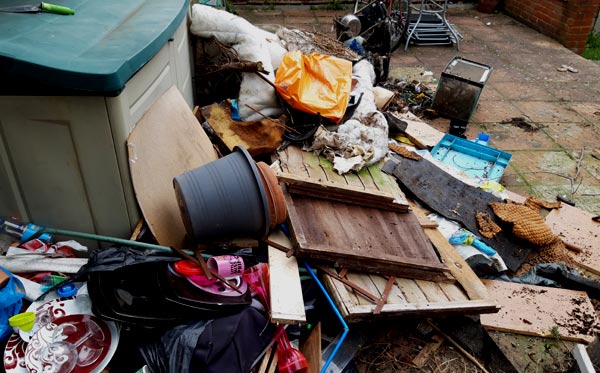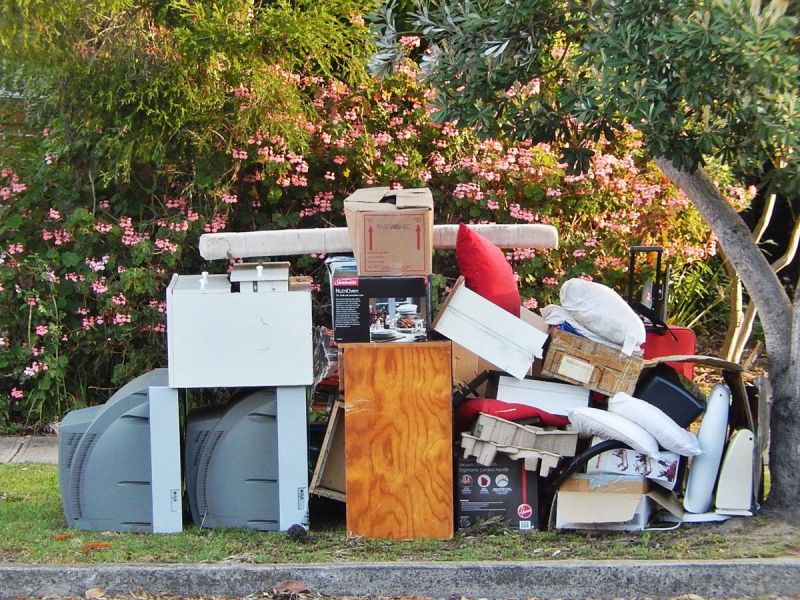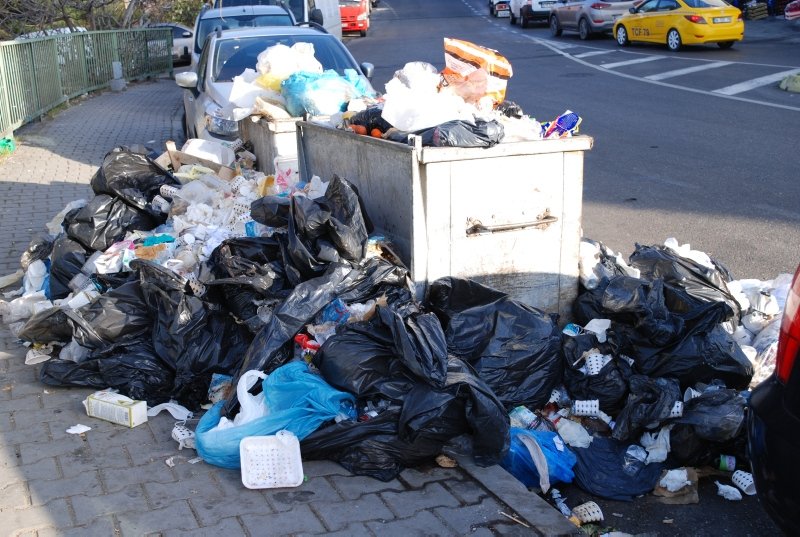
In this article, we are delving into the pressing issue of environmental impact and how waste management services can provide sustainable solutions. With each passing day, our planet faces the daunting challenges posed by excessive waste accumulation, posing a grave threat to the delicate balance of our ecosystems.
By exploring the profound benefits of proper waste management Melbourne, we aim to shed light on the potential it holds for curbing this environmental crisis. Join us as we unveil the transformative power of waste management services, and discover how they can pave the way for a greener and more sustainable future. Get ready to be inspired and empowered to make a difference. Let’s delve into this imperative topic together.
The environmental impact of improper waste management
Improper waste management practices have a profound and detrimental impact on our environment. The thoughtless disposal of waste, including non-biodegradable materials, in landfills leads to the emission of harmful greenhouse gases such as methane, contributing significantly to global warming. The accumulation of toxic substances seeps into the soil and contaminates water sources, posing serious health risks for both humans and wildlife.
Additionally, littered waste not only disrupts the natural beauty of our surroundings but also endangers marine life when it finds its way into rivers and oceans.Contemplating this somber reality may leave one disheartened; however, there is hope amidst this environmental crisis. By adopting sustainable waste management practices, we can mitigate these impacts and pave a greener path towards a cleaner future.
Through increased awareness and education regarding the importance of responsible waste disposal, we can empower individuals to make conscious choices about their daily habits. Moreover, investing in advanced technologies and infrastructure for recycling and composting allows us to divert significant amounts of waste from landfills while minimizing pollution. By embracing these sustainable solutions collectively, we can create a positive ripple effect that will ultimately restore harmony between human activity and nature’s delicate balance.
The consequences of improper waste management are dire but not irreversible. By understanding the gravity of our actions and taking responsibility for our waste generation, we have the power to shape a more sustainable future. Let us embrace the challenge with optimism and determination as we embark on this transformative journey towards reducing our environmental impact through improved waste management practices.
Composting and its benefits for the environment
Composting, a natural process that transforms organic waste into nutrient-rich soil, stands as a beacon of hope in the realm of waste management. The benefits it provides for the environment are manifold. Firstly, composting diverts organic waste from landfills, where it would decompose without access to oxygen, producing harmful greenhouse gases. Instead, it allows this waste to be repurposed into a valuable resource that enriches soil fertility and reduces the need for chemical fertilizers.
Moreover, composting mitigates soil erosion by improving its structure and water retention capabilities. As compost breaks down slowly over time, it provides a steady release of nutrients to plants and helps them resist diseases and pests naturally. Additionally, this eco-friendly practice promotes biodiversity by enhancing microbial activity in the soil and supporting beneficial organisms like earthworms.
Ultimately, embracing composting as part of our waste management strategies not only addresses the pressing issue of organic waste disposal but also contributes to building sustainable agricultural systems. By recognizing the transformative power of composting, we take an empowering step towards nurturing our planet while cultivating healthier communities for generations to come.
Recycling and its role in waste management
Recycling plays a crucial role in waste management as it offers a promising solution to minimize environmental impact. Through recycling, materials that would otherwise end up in landfills or incinerators can be transformed into valuable resources. By diverting waste from disposal facilities, recycling reduces the need for new raw materials extraction, thus conserving natural resources and reducing energy consumption.
Additionally, the process of recycling helps in reducing greenhouse gas emissions. When materials are recycled instead of being discarded, it decreases the demand for energy-intensive manufacturing processes required to produce new products from virgin materials. This reduction in energy consumption leads to fewer carbon emissions being released into the atmosphere, contributing positively towards mitigating climate change.
Recycling encourages a circular economy mindset by fostering sustainable production and consumption patterns. By reintroducing recycled materials back into the production cycle, companies can decrease their reliance on finite resources and promote long-term sustainability. This shift towards a circular economy not only benefits the environment but also creates new economic opportunities and jobs within the recycling industry.
Embracing recycling as an integral part of waste management is essential for alleviating environmental concerns. It empowers individuals, communities, and businesses to take proactive steps towards reducing their ecological footprint while simultaneously fostering innovation and economic growth. By recognizing the value of recycling and adopting sustainable practices at all levels of society, we can pave the way towards a greener and more prosperous future for generations to come.
Promoting awareness and education
Promoting awareness and education:In order to truly address the issue of waste management and reduce our environmental impact, it is vital to promote awareness and educate the public on the importance of proper waste disposal. By imparting knowledge about sustainable practices, we can empower individuals to make conscious choices that contribute positively to our planet’s well-being.
One effective way to raise awareness is through community outreach programs. These initiatives can include workshops, seminars, and interactive sessions that engage people of all ages. By showcasing the environmental consequences of improper waste management and offering practical solutions, we inspire individuals to adopt responsible habits.
Educational campaigns centered around waste reduction can be implemented in schools and universities. By integrating waste management concepts into curricula, we equip future generations with the knowledge they need to become environmentally conscious citizens. Through these efforts, we instill a sense of responsibility for preserving our natural resources while nurturing a culture that values sustainability.
By promoting awareness and education about waste management practices, we create a ripple effect that extends beyond individual actions. As more people become informed about sustainable alternatives such as recycling or composting, they are inspired to incorporate these practices into their daily lives. Ultimately, this collective effort leads us towards a brighter future where each person plays an active role in preserving our environment for generations to come.
Energy recovery from waste
Energy Recovery from Waste:In the quest for sustainable solutions, energy recovery from waste has emerged as a promising avenue. This innovative approach involves harnessing the energy contained within waste materials and converting it into usable forms of power. Through technologies like incineration, gasification, and anaerobic digestion, waste can be transformed into electricity, heat, or even biofuels.
One particularly fascinating method is anaerobic digestion. In this process, organic waste such as food scraps or agricultural residue is broken down by bacteria in the absence of oxygen, producing biogas that can be used to generate heat or electricity. Not only does this help reduce greenhouse gas emissions by preventing methane release from landfills but it also provides a sustainable alternative to fossil fuels.
By embracing energy recovery from waste, we can simultaneously tackle two pressing issues: environmental pollution and energy demands. This approach not only reduces landfill volumes but also curbs our reliance on non-renewable resources. It presents an opportunity for us to transform our trash into treasure – a renewable source of clean energy that paves the way towards a brighter and more sustainable future.
Conclusion
It is evident that waste management services play a crucial role in reducing our environmental impact and promoting a sustainable future. By implementing effective waste management practices such as composting, recycling, and energy recovery, we can actively contribute to the preservation of our planet. As we continue to raise awareness and educate individuals about the importance of responsible waste disposal, we can foster a collective mindset that values sustainability and embraces innovative solutions. Let us embark on this journey together, where every small step towards responsible waste management brings us closer to a greener tomorrow.






